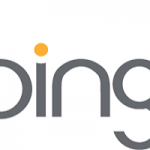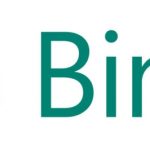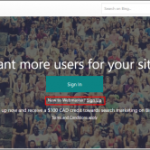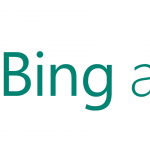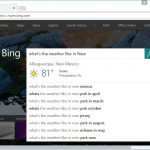How Bing Ads Elite Partner iProspect Works To Make Change
by Laurie Sullivan, Staff Writer @lauriesullivan, December 1, 2016

There are still some features in Google AdWords that do not apply to Microsoft Bing Ads. As an Elite Bing Ads partner, Jeremy Hull, iProspect vp of products and services solutions, has been working with Bing to get those added to give advertisers an easier transition to port campaign from one search advertising platform to another.
It’s all about being an Elite Bing Ads partner, especially as the industry heads into 2017, Hull said. What’s next for advertisers? For starters, it’s less about mobile and more about mobility. It’s more about voice interactions, rather than voice search.
Hull sees some emerging trends born from opportunities and excitement, while others are born from nervousness.
The ones that more often arise from opportunities and excitement live on the back of the cliche about moving beyond the last-click model to understand how technology like chatbots, cross device targeting and visual assistants support digital advertising and the consumer’s decision process to make a purchase.
Advertisers also continue to focus on is what’s next. “We’re at an inflection point where tech and consumer adoption have people behaving in new ways,” Hull said.
Voice search, digital assistants and chatbots are included in that list. “Mobile caught everyone off guard,” he said. “Not because they didn’t treat it as a big deal, but because they didn’t treat it as a brand new way of consumers interacting with brands.”
It forces advertisers to challenge their agency partners to tell them what it means and how they should prepare for the shift.
Hull said iProspect is telling advertisers to be sure to structure their data properly. Have it readable, available and ready to use. Build responses to what people ask most often. Don’t start with the message the advertiser wants to convey, but rather answer the questions consumers want to know. Then build good content.
“It’s not the traditional story, but there’s a little more sense of urgency from advertisers to have answers,” he said, suggesting that there is greater importance in ensuring that landing pages translate into answers to questions rather than jumping into the sale.
MediaPost.com: Search Marketing Daily
(38)


